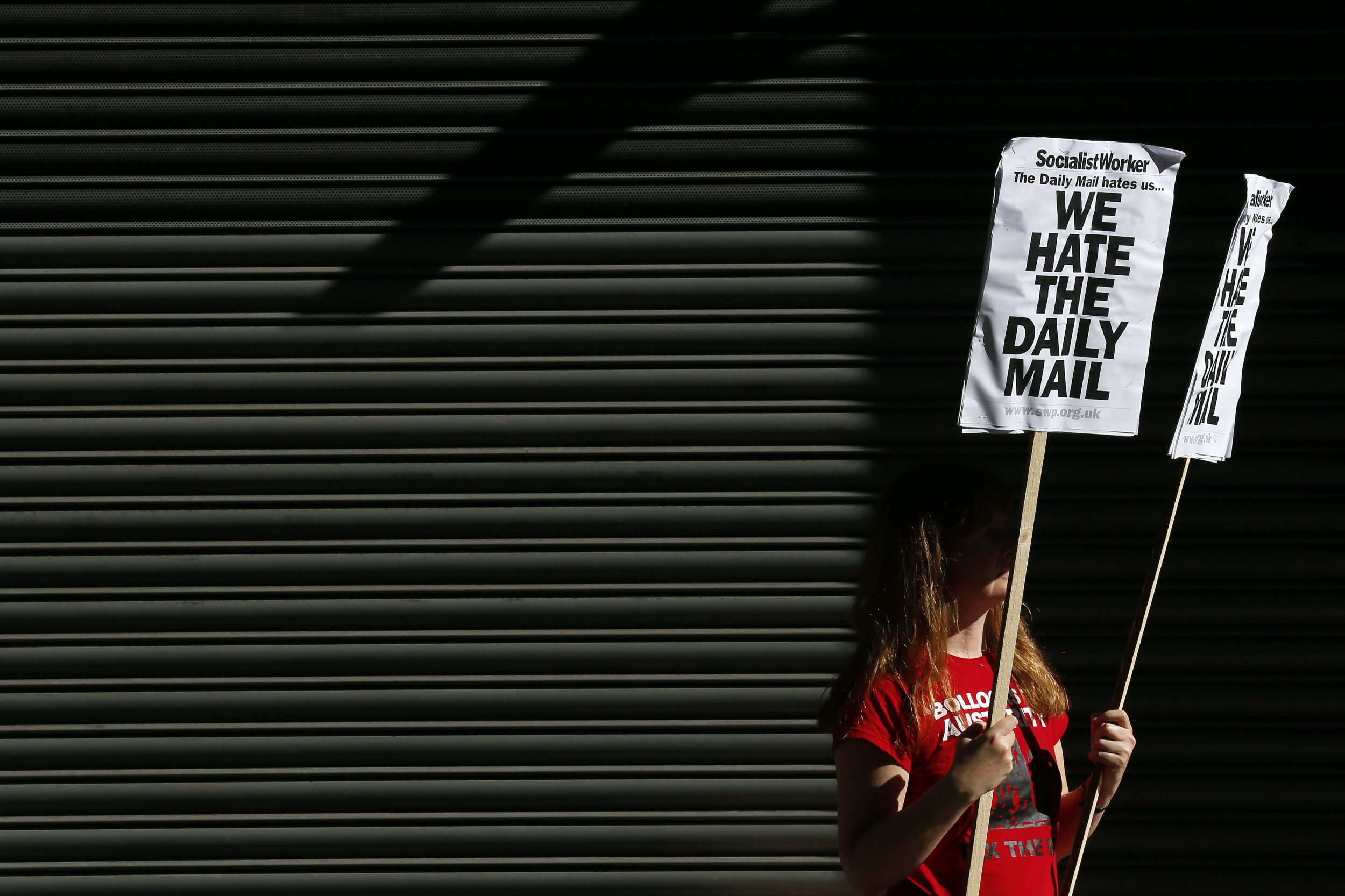


The paper says: “Greenpeace is taking the government to court claiming it is illegally ignoring emissions which will be generated from burning gas extracted from Shell’s Jackdaw gas field, worsening the climate crisis.” According to Greenpeace, burning gas from the new project will emit more CO2 than Ghana’s total annual emissions, it adds. Greenpeace is taking the UK government to court over Shell’s new Jackdaw gas field – one of six new North Sea fossil fuel projects given the green light by the government this year – the Independent reports. It adds: “Charity National Energy Action said the October rise could push around 8.2 million people – or one in three British households – into energy poverty.” Reuters notes that the cap on energy prices is expected to rise more than 60% in October. The MPs say the government “needs to immediately change its out-of-date energy bill support for households,” the Independent adds. According to the paper, the select-committee report called energy regulator OfGem “negligent”, said that a national home insulation programme “should be launched urgently” and said that the energy cap should be replaced with a “social tariff”. In other UK news, the Guardian covers a new report from MPs, which warns that “millions of people will be plunged into ‘unmanageable’ debt this winter unless the government comes up with more support for those struggling to pay their energy bills”. And BBC News and the Guardian cover warnings from fire chiefs that the UK needs to prepare for wildfires. Meanwhile, the i newspaper explores the likelihood that the UK could see another heatwave this summer. MailOnline adds that a drought was last declared in 2018. The Daily Telegraph adds: “Southern Water has already made a drought permit request with the Environment Agency, which is likely to lead to a hosepipe ban in the area”. The first six months of 2022 were the driest since 1976, the Times notes. It adds that much of the country already has low reservoirs, river flows and groundwater levels, as well as dry soils. Crops could fail through lack of water, and dry soil can make harvesting difficult.” The Independent says that England “is not in widespread drought but most of England except for the North West has moved into a state of ‘prolonged dry weather’, the step before drought is declared”. It continues: “Hosepipe bans for households could be brought in across the UK and farmers could be restricted from irrigating their crops if the government implements a drought plan…Farmers could be banned from watering their crops in the crucial period of August and September, with root vegetables such as potatoes under particular threat. According to the paper, the National Drought Group – comprised of “government departments and affected groups” – will meet today to discuss a strategy for dealing with the “remarkably dry weather and extreme heat” facing England. Global South Climate Scientists DatabaseĮxperts have warned that “the UK is facing the prospect of a drought being declared in August,” the Guardian reports.


 0 kommentar(er)
0 kommentar(er)
